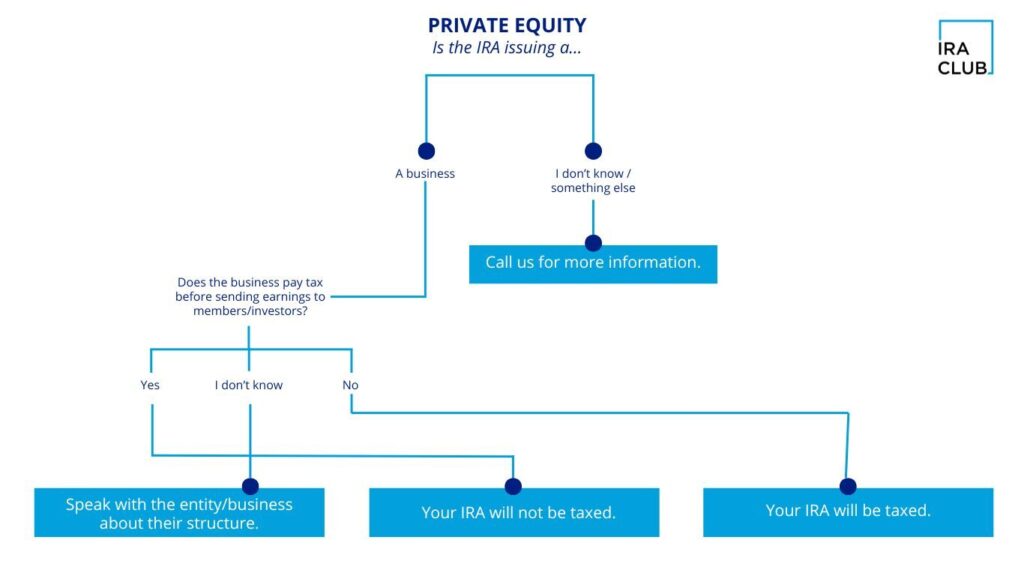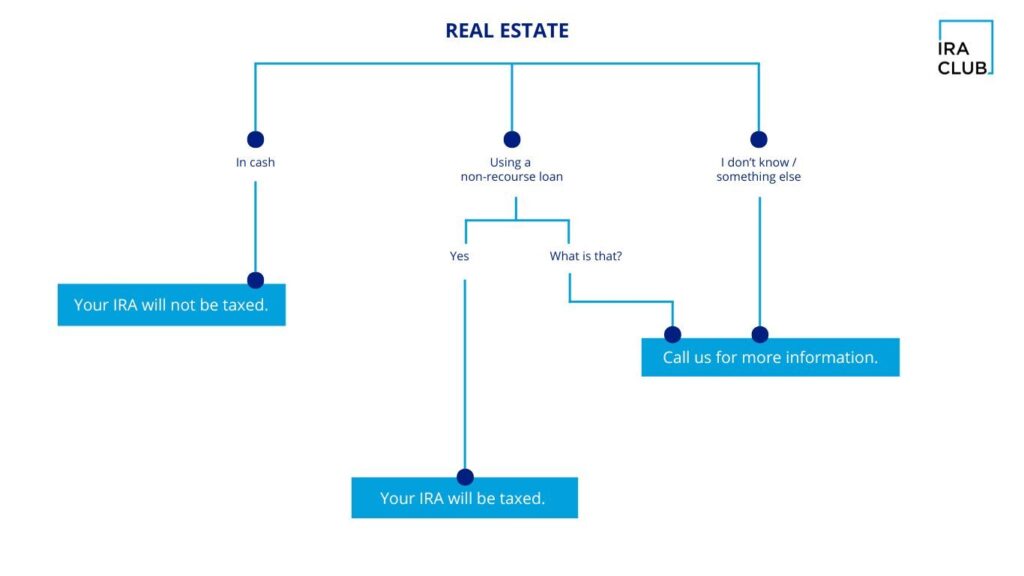The 5 Phases of Traditional to Roth Conversions
-
Youth Accounts: Accounts for persons between the age of 1 day-21 years
Youth IRA accounts are frequently started for the young person by a parent or grandparent. Should these accounts be started as a Roth? The answer here is a no brainer: YES.
We understand that if started as a Roth IRA, the youth will not be able to take the current year income tax deduction for the amount of the IRA contribution. However, in most cases the youth has almost no other earned income.
When that individual reaches age 59.5, they can draw out the total value plus all appreciation 100% income tax free.
-
Early Adulthood: Age 21-39
A good number of the smart people in this group start IRA accounts to build wealth for their future. However, sometimes they mistakenly start a Traditional IRA Account. Should they convert to a Roth IRA? YES.
At this point, their accounts are not large so the income tax on the conversion will be a smaller burden; they also have many years of IRA growth ahead of them which can eventually be drawn out without the heavy cost of income tax.
-
Adulthood: Age 40-65
Whether you are just starting or have already accumulated a tidy sum of money and assets in your Self-Directed IRA, you are growing concerned about inevitable increases in the rates of income tax when you start to withdraw your funds.
Will the cost of the conversion at this time be too great to make sense? No, for a couple reasons:
- Ample time for your account to keep growing
- Possibility of higher income taxes in the future
The options are to:
- Pay the tax on the conversion now, or
- Wait and pay a lot more in the future
-
Early Senior: Age 66-79
Are you still generating income? Okay, you have a choice: pay the income tax on the conversion now, or wait until you have no earned income and pay the tax (possibly at a higher tax rate).
There is another reason to convert to a Roth IRA ASAP: Roth IRAs do not have an annual required minimum distribution (RMD). No RMD means more money can stay in the Roth IRA, growing income tax free.
-
Senior: Age 80 and up
Now we come to a decision: you never converted your Traditional IRA to a Roth IRA even though you have thought about it many times. You think to yourself, “I’m too old”, yet you keep hearing about many people in your age bracket asking their IRA company to convert their Traditional IRA to a Roth IRA. “But why?” you may ask.
Many in this age bracket have come to realize they may never draw all the value out of their IRA. Hence, all or much of their IRA will pass to their beneficiaries. They may also find themselves in a position where their heirs will be faced with heavy estate taxes at their passing.
Why convert a Traditional IRA to a Roth IRA at this point?
- Paying the cost of the income tax on the conversion reduces the value of your estate and lowers the estate taxes your heirs will pay.
- By leaving your named beneficiaries a Roth IRA, they will be able to liquidate their inherited IRA account and pay no income tax (i.e. they will inherit the benefits of your Roth IRA).
- If you want to draw money from your new Roth account, go right ahead. As you are over age 59.5 and have already paid tax on the value of the conversion, you can draw up to the amount of the conversion income tax free. After five years, you can also draw the amount of any future appreciation income tax free.
FAQs
- Must I convert the full account at once?
- No, you may convert all or any portion from a Traditional IRA to a Roth IRA.
- I have a SEP or SIMPLE IRA, can these be converted to a Roth IRA?
- YES.
- I have a large 401(k) from a former employer, can that be converted to a Roth IRA?
- YES.
- What does IRA Club need to complete your Roth Conversion?
- It’s surprisingly simple. We only need to know the value of what you want to convert. For real estate, that typically means you will need to hire a licensed appraiser.
For information about a Self Directed IRAs, Solo 401(k)s, or alternative investments,
call IRA Club at 312-795-0988 or click here to schedule a call.
Disclaimer:
IRA Club offers no investments, products, or planning services. Therefore, please consult your attorney, tax professional, financial planner, and any other qualified person before making any investments. Be advised that IRA Club does not evaluate, review, monitor, recommend, warrant, guarantee, or otherwise endorse the legality, tax treatment, propriety, performance, or reliability of any investment, service, statement, opinion, or other representation provided with respect to the investment opportunities listed on its site or their sponsors or providers. IRA Club has no financial arrangement, partnership, joint venture, or other affiliation with the sponsors or providers of these investments. IRA Club shall not be liable for any misinformation, misrepresentation, negligence, act, omission, investment results, or any wrongdoing with respect to any of these investments or their sponsors or providers.






